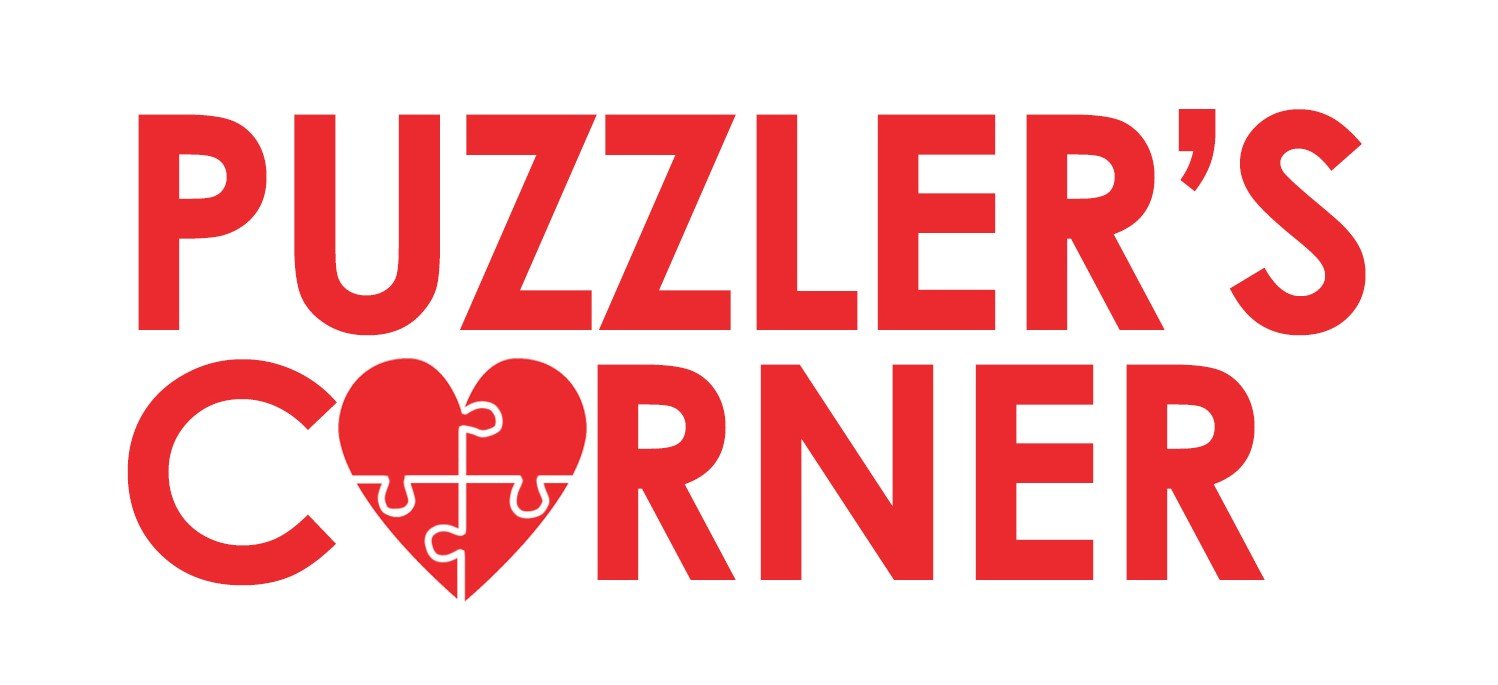The world is our community. Everyone is our neighbor. We live in a time when events are shared instantly. Our phones alert us that there is breaking news. Several channels are dedicated to stories, editorials, and documentaries 24/7. Social media platforms record our reactions from friends and strangers alike.
I have seen many heart-rending reports over the last few weeks. The stampede in northern Israel was the first story I learned about this weekend. The second was a report of how Covid is impacting the people of India. I will not recount the details of the segment from India I saw late on Friday, nor the one I viewed Sunday evening. Both were devastating, shocking, and tragic.
Families were seeking oxygen for parents, children, and siblings. The hospitals were either out of oxygen or didn’t have enough staff to care for inpatients and fill tanks for persons who were at home and waiting for help. Cameras captured other images of people grieving, of long lines outside hospitals, and of persons lying on mats and blankets on the floor because all the beds were full.
I have been praying for the people of India: the health care workers, the people who have contracted Covid, and family members who are seeking help from every possible agency and resource. Although India is on the other side of the world, the stories I saw brought the women and men who spoke with the reporters into my home. I saw their tears, heard their anguish, and felt their pain.
Today, I will make a donation to UMCOR to support their efforts for the people of India. I would ask each of your faith communities to consider doing the same. None of us know how long this pandemic will last. Just when we think we have it under control, it rears its ugly head somewhere else in the world. Those who are ill, those who are losing family members, those who are fighting for breath, need to know they are not alone. Our Lord journeys with all of us, especially in the midst of what has become an overwhelming crisis for the people of India. Even if we cannot hold their hands, we can reach out to let our sisters and brothers know they are not alone. I am including the link to UMCOR below. Our Lord holds all of His children in His loving embrace. And Amen.
UMCOR COVID-19 Response Fund – Global Advance #3022612
Website: https://umcmission.org/advance-project/3022612/
